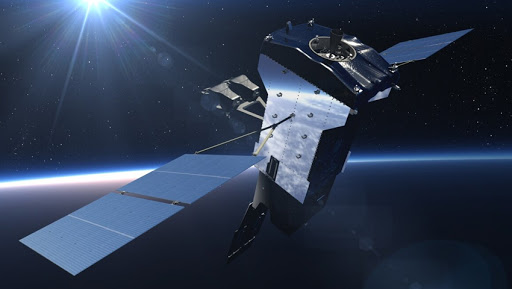Northrop Grumman has been awarded a $2.375 billion contract from the US Space Force for two next-generation overhead persistent infrared satellites that will help provide ballistic missile warning for the military.
The next-gen OPIR will become a key part of the United State’s missile defence architecture. Utilising infrared sensors, the satellites will be able to detect and track ballistic missile threats while being more survivable than the current space-based infrared system.
Northrop Grumman was first awarded a $47 million contract for system and payload requirements analysis and risk reduction for the two polar vehicles in June 2018.
The $2.4 billion contract modification issued on 18 May provides for Phase One design and development, the procurement of critical flight hardware, and risk-reduction efforts leading to critical design review. At this time, $70.5 million is being released. Work is expected to be completed by December 2025.
The two Polar vehicles are to become part of a constellation of five, which will also include three geosynchronous satellites.
Lockheed is developing the three geosynchronous next-gen OPIR space vehicles. The company was awarded $2.9 billion in August 2018 to begin work on the satellites, leading to critical design review. In October 2019, the Space and Missile Systems Center announced that the system had passed preliminary design review.
The next-gen OPIR program has been accelerated to get the first satellite delivered in 2025. This has required more money upfront than initially expected, which was provided through a series of reprogramming requests in 2019. That became a source of tension between competing versions of the annual defence budgets in the house and senate last year, but SMC credited that reprogramming with keeping next-gen OPIR on track.


